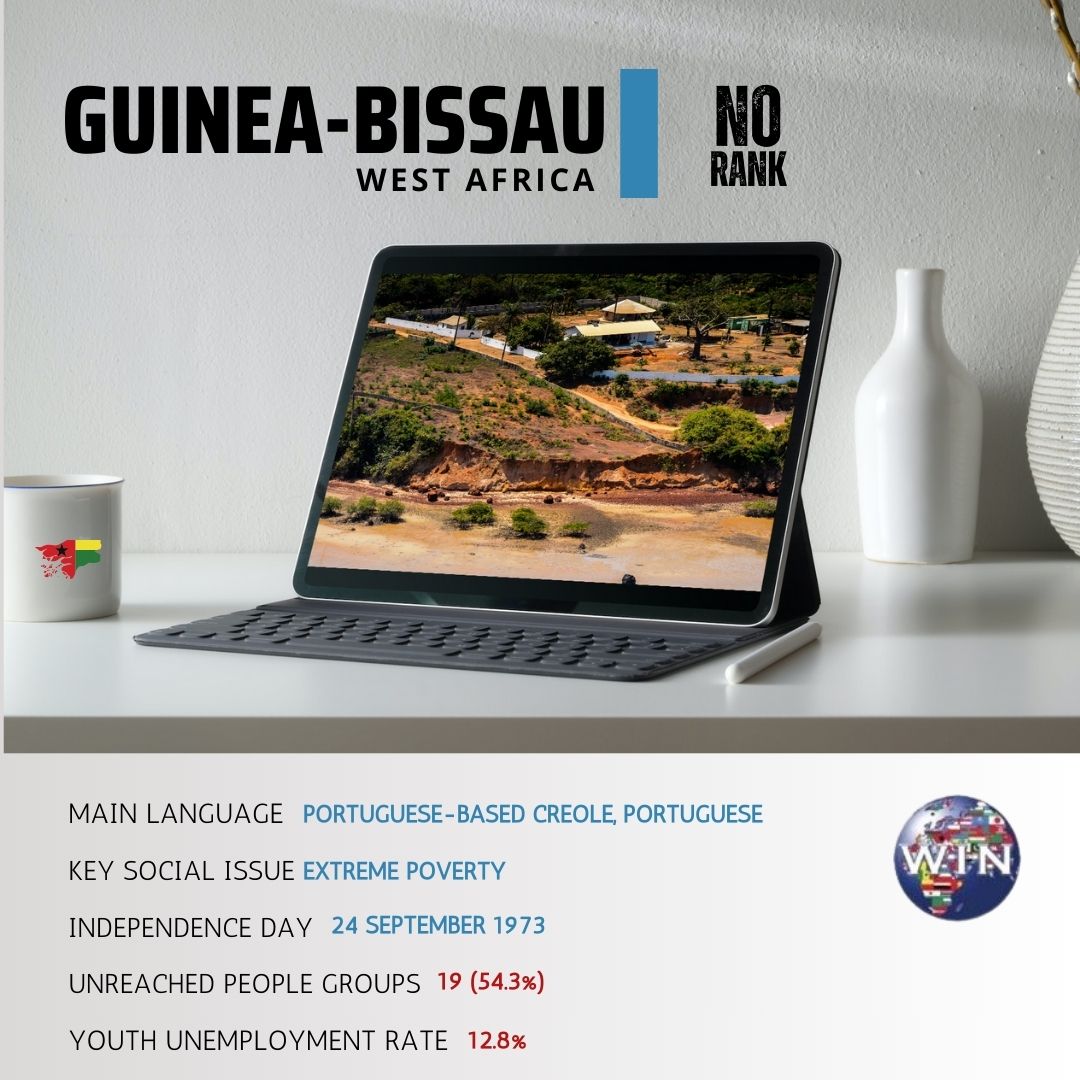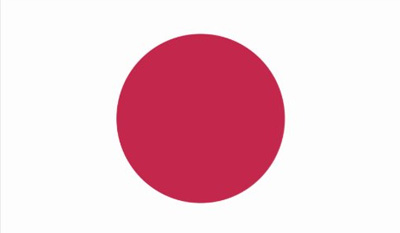Day 4
Guinea-Bissau
A West African country with a lot of potential for petroleum, granite, and other minerals, Guinea-Bissau languishes in utter poverty. They solely depend on exporting cashew nuts and other agricultural produce. Child trafficking is rampant in this country. Muslim girls face extreme sexual exploitation through servitude and Muslim boys for forced labor. These devious trafficking gangs use the ruse of religious education and combine it with a job opportunity. Many families in extreme poverty also sell their youngest children to traffickers. The lack of qualified leaders who can work the economic supply chains in Guinea-Bissau is responsible for this tragic situation.
Pray for God’s Children in the diaspora to return to their roots and set up quality educational systems to raise a new generation of highly educated youth in Guinea-Bissau (The Bible, Proverbs 13:13).
Lord, tear down every protective shield erected by human traffickers and corrupt law enforcement officials and level it to its foundation. When these shields fall, traffickers and corrupt officials will know You are the Lord (The Bible, Ezekiel 13:14).
Guinea-Bissau is one of the world’s poorest countries. It relies on revenues from raising a cashew crop to feed most families, and its economy depends greatly on foreign aid. Umaro Sissoco Embalo is the President of the Republic of Guinea-Bissau since 27 February 2020. Nuno Gomes Nabiam is the Prime Minister since 28 February 2020. Outside of the agricultural sector, the government struggles to pay its workers. There are suspicions that the country aids the Latin American cocaine trade as the narcotic reaches Europe. Freedom of religion exists in Guinea-Bissau; however, an animistic Islam dominates the greater culture, particularly in the north and east. Christianity sees greater success in the south and coastal regions. The country has the sixth highest mortality rate in the world. Illicit drug trafficking has grown almost unchecked, as the government has no coast guard, police have no cars available, and the navy has no boats for patrolling the North Atlantic shores.
Day 4
Japan
The Japanese criminal justice system is notorious for bad arrests, illegal detentions, coerced confessions through torture, denying legal representation during interrogations, and denying fundamental rights to detainees. Women and young girls have almost no protection against stalking, sexual harassment at the workplace/school, sexual assault, or domestic violence. The laws on the subject are obscure, and even with recent reforms, they are toothless tigers.
Pray for God to raise His Children within the Japanese government’s high offices to develop significant improvements in laws protecting young girls and women from abusive behavior (The Bible, Isaiah 1:17).
Pray for God’s supernatural intervention to trigger an extensive overhaul of the Japanese criminal justice system. Pray that the reforms will protect the innocent and punish the guilty (The Bible, Ecclesiastes 5:8).
An archipelago of 6,852 islands, Japan has the world’s third-largest economy and is a major donor to world crises. Three-quarters of the nation’s population lives in big cities, together with one of the world’s most aging populations has resulted in specific needs in rural areas as young people all move to the cities in search of work. A strong traditional core has been flanked by a progressive younger generation valuing Western culture and ideas. Japan suffers from a high suicide rate, the leading cause of death for those under 30. Fewer than two percent are Christian; it is still one of the world’s most secular nations. Seventy percent of Japanese identify with no personal religion, although most adhere to Shinto and Buddhist customs. This year Japan was rocked by the assassination of former prime minister, Shinzo Abe, during a campaign speech. The election was won by the new prime minister, Fumio Kishida.





